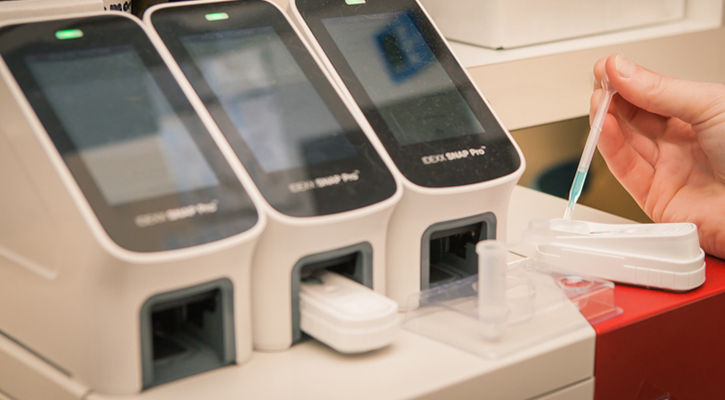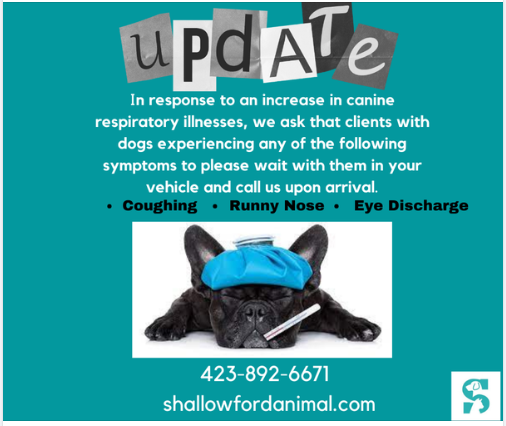
Heartworm Testing
Our doctors follow the yearly heartworm testing guides set forth by the American Heartworm Society. Heartworms have been found in all fifty states, but are especially prevalent the Deep South area of the United States.
How are heartworms transmitted to pets?
Heartworms are spread to animals from the bite of an infected mosquito. Mosquitoes carry the immature heartworms when they take a blood meal from a heartworm-infected dog, fox, coyote or wolf. The infected mosquito then flies away for their next bite, which could be your pet. Mosquitoes carrying immature heartworms can then bite our dogs AND our cats. When the infected mosquito bites your pet, the immature heartworms from the mosquito’s stomach can then migrate from the hole or bite wound and into their bloodstream.
When can heartworms first be tested in a pet?
Normally a heartworm infection can be detected six months after a bite from an infected mosquito. Of course, we don’t always see when our pets may be bitten by a mosquito, so it is important to have them tested soon after they reach six months of age, especially if they have not been treated with a heartworm preventative.
How does the heartworm test work?
After bringing your pet to our experienced doctors, a blood sample will be drawn. A portion of this blood is used to determine if mature heartworms exist in your pet, while another blood sample is examined for immature heartworms. These tests normally take less than twenty minutes and can safely and accurately be completed during your appointment with your pet.
What if my pet is heartworm positive?
Fortunately, if your pet is a dog, there are treatment options that are available. These treatments can be stressful for your dog as they occur over several weeks activity must be limited. Owners of heartworm-positive felines do not have a definitive treatment, so they must be cared for as symptoms arise.
How do I prevent heartworm disease in my dog or cat?
Heartworm prevention in both dogs and cats has improved dramatically over the recent years, and there are many safe and reliable preventatives. However, these preventatives must be given exactly according to the manufacturer’s specifications to insure the most protection is provided. Remember that when it comes to many veterinary procedures, and especially heartworm disease, prevention is much less expensive and more effective than treatment. If you have not been giving your pet a monthly preventative, call Shallowford Animal Hospital to set up heartworm testing for your beloved pet.
Schedule a Heartworm Test Today
To learn more about the importance of heartworm testing and prevention in pets, or to schedule a heartworm test for your furry family member, call us at 423-892-6671.

